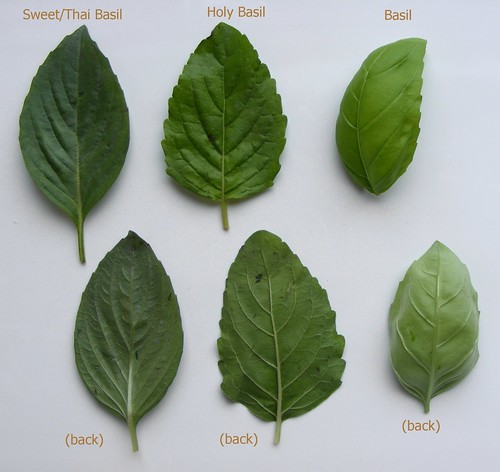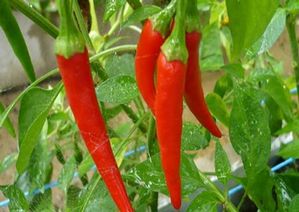

I like food, in case anyone hadn’t figured that out yet. I
like the names of foods; there’s something almost magical about them. Don’t ask
me to explain it, because I’m not sure I could. I don’t know what I’d call
something new that I made up, but it would have to be a good name. Fantastic
food needs a fantastic title. Maybe I like food names so much because I don’t
actually know what goes into a lot of the food I eat here in the caf, so I don’t
know what to call it. Sometimes after I finish eating in the caf, I sit and I think about
how I-had I the money and the time-would have made the same food they served us and what I would have called it. Pizza turns into a mantra of flour, yeast, salt, milk, cornstarch, baking
soda, garlic tomato paste, Mama’s fresh-made mozzarella, shiitakes, olives onion.
Noodles with fake parmesan sprinkles turn into a list of everything that goes
into one of my younger brother’s spaghetti dinners (those are his specialty: he
puts just a bit of red wine in the sauce and he makes the best garlic bread
ever). Their names have meaning—noodles
mean oh-crap-there’s-a-football-game-tonight-and-we-need-to-feed-my-brother-something-fast-before-he-has-to-go-get-ready-to-carry-45-pounds-of-tennor-drum-on-his-shoulders-for-four-hours.
Spaghetti means: IT’S FRIDAY!!! And
this summer, my sister brought home stories of drunken noodles until my mother
got curious and decided to make them, thus, drunken
noodles for dinner means that my sister has come to visit.
Since I keep talking about the
importance of the names of foods, before I get into the specifics of this fabulous
dish I feel should probably explain just where it gets its name. “Drunken noodles”
is a literal translation of the Thai name for this dish: Pad Kee
Mao, named thus due to the fact that usually those who ate it were
either very, very drunk at the time or were a good portion of the way to being
very, very drunk. This makes it a very odd dish to be having at my house, as my
dad is the only one who ever drinks any kind of alcohol ever and I don’t think
I’ve ever seen him have more than three beers in any given week. (This makes
sense, given that his dad was a cop, so my dad probably learned from a very
early age about words like drunk and belligerent and DUI.) Pad Kee Mao is a stir-fried dish, made in a wok. You can put
in as many or as little vegetables as you like, plus meat and/or a vegetarian
option (e.g. my mom uses tofu). Add in various amounts of garlic, onion, ginger
(LOTS of ginger), Thai dragon peppers (which have a lovely warm flavor that is
spicy, not burning hot, and stays in your mouth without burning the back of
your throat and making your eyes water), green onion, and fish sauce to the
cooked meat and veggies, but what makes drunken noodles into drunken noodles is
unmistakably the Thai basil. Thai basil is different from regular basil in that
not only do the leaves of the plant look different, but it also has a different
flavor. Thai basil is a deeper, spicier flavor than its more widely-known cousin. The
first time my mom made drunken noodles she used regular basil, and let me tell
you, it was not even close to the same as the batch she made with Thai basil.
The last ingredient in drunken noodles is the noodles themselves: wide, flat
rice noodles. These are not the crap you get in take-out Chinese. These are
noodles about half an inch wide and as long as my palm, made from rice flour and
consumed all over Asia, the genuine article. (My mom had to find an oriental market in Grand Rapids to get some of the ingredients for drunken noodles, since regular grocery stores didn't have them.)
Drunken noodles is not only an
amazing dish with an equally amazing name, but it also represents the expansion
of my own culinary horizons. Given I had the right ingredients and the time, I could make this dish. And it would be delicious. But before my sister
brought the idea home, I would never have even considered eating Thai food. I
was fine with the familiar American food I knew and loved. Not so anymore. There
are more interesting, amazing foods out there like Pad Kee Mao, so I am going
to find them. And eat them. And learn their interesting names. Maybe not on the
scale of Tony Bourdain, but there will be more adventuring. I’ve always liked
adventures.


Can I come over for a night at your house?
ReplyDeleteI love how foods have become a language in your house for communication, like some sort of Morse code that reminds you, like a pinprick on a map, where you are. Are there ever times where foods indicate emotions, not just events?
Hahaha. I'm sure my mom wouldn't mind if you did come over, but it's a bit of a drive. If you've got a car we could go on a weekend, but I do have to have some warning so I can make sure my mom knows we're coming.:)
DeleteAs to your question, a lot of the time the food is tied to events, which in turn are tied to places in my memory that are chock full of emotions. Ginger, garlic, cinnamon, and fresh bread are happy, safe foods/smells. Cherries and peaches are nostalgia. Coffee and chai (the smells, not the drinks) are calm. Cold ham and cheese sandwiches are sad(to this day, I cannot eat a cold ham and cheese sandwich because they had them at all three of my grandfathers' funerals), as is cold pasta salad. Does that answer your question? The food is tied to both the memory of the event and the emotions I felt at the time.
Your family fascinates me I think. I love this, "drunken noodles for dinner means that my sister has come to visit." Meanings of food or the things they signify are funny, so tied into memory and who we are and who we know.
ReplyDelete